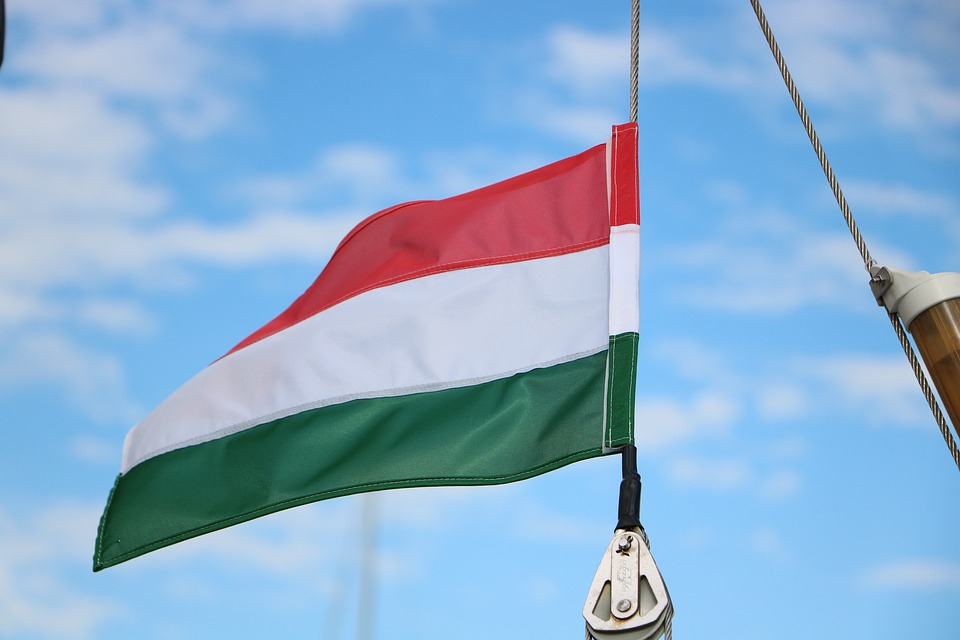As Poslovni Dnevnik/Darko Bicak writes, the Hungarian MOL confirmed recently that talks with the Croatian Government about the INA-MOL saga, more precisely on the sale of a controlling stake in INA are continuing, and Bloomberg and Hina both quoted MOL CEO Jozsef Molnar as saying that their views on the price of that stake were “quite far apart”.
In a recent conversation with analysts, held after the announcement of MOL’s business results for last year, it was said that MOL was never against the agreement, but that wanted to sell its stake in INA at a price that would properly compensate it for its investments in the Croatian company.
If you haven’t followed the INA-MOL saga in detail, the Hungarian MOL is otherwise the largest individual shareholder of INA, as it holds 49.1 percent of INA shares (4,908,207 shares), while the Croatian state holds 44.8 percent (4,483,552 shares), and private and institutional shareholders hold 6.1 percent of shares (608,241 shares).
Back in early February this year, Minister of Economy and Sustainable Development Tomislav Coric said that talks were underway with MOL to buy out its stake in INA and that the whole story about the Croatian oil company should not be prolonged beyond the second half of this year.
At a press briefing held on February the 10th, he said that a series of meetings had been held to buy MOL’s stake in INA and that the government had made its offer to buy MOL’s stake in INA back in November last year, without providing any further details about the offer.
“Over the next few months, let’s say over four to five months, we’re going to have to know exactly which direction has been chosen. If the transaction is needed after that, it will all take some time,” said Coric.
Coric also said that the direction that the Croatian Government doesn’t support and which is not optimal for Croatia is to maintain the status quo, while from the beginning they’ve wanted an agreement to be reached between the Croatian Government and the Hungarian side on the purchase of shares in INA.
The latter direction potentially includes a third party, in the sense that the Hungarian side leaves the ownership of INA entirely and is replaced by someone else. In addition, if the Hungarian side is ready to sell its shares in INA, there is an option for Croatia to buy them itself, ie through an arrangement of legal entities from Croatia, which would certainly, at least in one sense, affect the increase of public debt, which was not the Government’s wish.
As a third option, if no agreement is reached on the purchase price in the INA-MOL saga, he stated that the agreement would then in the direction of redefining the relationship between the partners within INA, in a way that would see a balanced relationship between the two shareholders, including positions in the company’s management, with all of the accompanying obligations and rights implied.
It’s worth mentioning that back at the end of 2016, Prime Minister Andrej Plenkovic announced that the Croatia Government had decided to buy MOL’s entire stake in INA, after Croatia lost the lawsuit against MOL before the arbitration court of the United Nations UN) Commission for International Trade Law in Geneva.
An investment advisor in that transaction, the consulting company Lazard, presented a preliminary report on the in-depth survey of INA’s business and its value in June last year, and in September 2020, a final report on the assessment of INA’s value was made.
For the latest travel info, bookmark our main travel info article, which is updated daily.
Read the Croatian Travel Update in your language – now available in 24 languages.
Join the Total Croatia Travel INFO Viber community.









